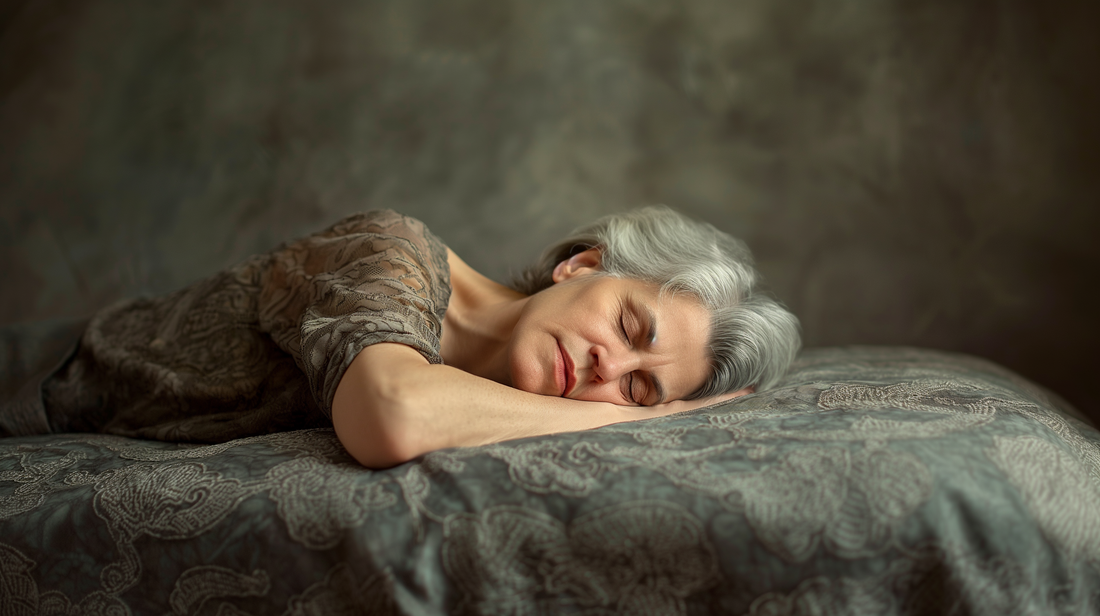The Purpose of a Pillow
To understand the implications of sleeping without a pillow, it's essential to first grasp the primary purposes pillows serve:- Support: Pillows help maintain the natural curvature of the spine, especially in the neck and head areas. A proper pillow ensures that your neck and head are in alignment with the rest of your spine, reducing the risk of strain and discomfort.
- Comfort: Pillows provide a soft and cushioned surface for your head to rest on. They can make sleeping more comfortable and relaxing, aiding in a more restful night's sleep.
- Hygiene: Pillows can also act as a barrier, keeping your face and hair away from the potentially dirty or allergen-laden surface of your mattress.
- Aesthetic: Pillows are often used for decorative purposes in bed arrangements, enhancing the overall look of the bedroom.
Now that we know why pillows are commonly used let's explore the idea of sleeping without one.
The Pros of Sleeping Without a Pillow
-
Natural Spinal Alignment
One of the main arguments in favour of sleeping without a pillow is the idea that it can promote more natural spinal alignment. When you lay your head directly on the mattress, your spine can maintain a more neutral position. This can help reduce the risk of strain and discomfort in the neck, as well as alleviate pressure on the spine. -
Reduced Risk of Wrinkles
Believe it or not, sleeping without a pillow may help reduce the formation of facial wrinkles. When you press your face against a pillow, you're more likely to develop sleep lines and wrinkles over time. Sleeping without a pillow eliminates this potential source of facial pressure, which may contribute to healthier-looking skin. -
Improved Blood Circulation
Some proponents of pillow-less sleep argue that it can enhance blood circulation. Sleeping without a pillow allows the head to be at the same level as the rest of the body, which can improve blood flow to the brain. Improved blood circulation could result in better oxygenation of the brain, potentially leading to more restful sleep. -
Less Allergen Exposure
Pillows can harbour allergens such as dust mites, which can trigger allergies or asthma symptoms. By removing the pillow, you reduce your exposure to these potential allergens, resulting in a cleaner and healthier sleeping environment.
The Cons of Sleeping Without a Pillow
-
Neck Pain and Discomfort
Sleeping without a pillow may not be suitable for everyone. For some individuals, it can lead to neck pain and discomfort, particularly if they're used to the support that pillows provide. A lack of cushioning and support can strain the neck muscles and lead to stiffness or pain upon waking. -
Acid Reflux and Snoring
If you suffer from acid reflux or snoring, sleeping without a pillow may exacerbate these conditions. Elevating the upper body with a pillow can help reduce the symptoms of acid reflux, while a slightly elevated head position can prevent snoring by keeping the airways open. Going without a pillow might worsen these issues for some individuals. -
Disrupted Sleep
For many people, sleeping without a pillow can be uncomfortable, leading to a less restful night's sleep. Discomfort and restless tossing and turning may negate any potential benefits of a pillowless sleep. It's important to prioritize comfort when choosing your sleep setup. -
Hygiene Concerns
While pillows can accumulate allergens and dust mites, the same can be said for mattresses. Sleeping without a pillow may not significantly improve your sleep environment's hygiene if you don't address these other factors. Regularly cleaning and replacing pillows can help mitigate this issue.
Finding the Right Balance
The debate over sleeping with or without a pillow ultimately comes down to personal preference and individual needs. There is no one-size-fits-all answer. Some people find that sleeping without a pillow helps alleviate neck pain and improves their sleep quality, while others cannot do without the comfort and support a pillow provides.If you're considering making the switch to pillowless sleep, it's essential to experiment and listen to your body. Try it for a few nights and see how it feels. Pay attention to any changes in sleep quality or discomfort. Remember that there's no right or wrong answer, and what works best for you may not work for someone else.
In the end, whether sleeping without a pillow is bad for you depends on your individual circumstances and preferences. There are potential benefits to consider, such as improved spinal alignment and reduced risk of facial wrinkles. On the other hand, you may experience neck pain, acid reflux, snoring, or disrupted sleep without the support and comfort of a pillow.
The key is to find the right balance for your body and sleep needs. It might involve experimenting with different pillow types or sleeping positions to achieve the most comfortable and restful sleep. If you're unsure, consulting with a healthcare professional or sleep specialist can provide guidance tailored to your specific situation.
Ultimately, the goal is to prioritize a good night's sleep and overall well-being, and whether you choose to sleep with or without a pillow, that decision should be made with your comfort and health in mind.

